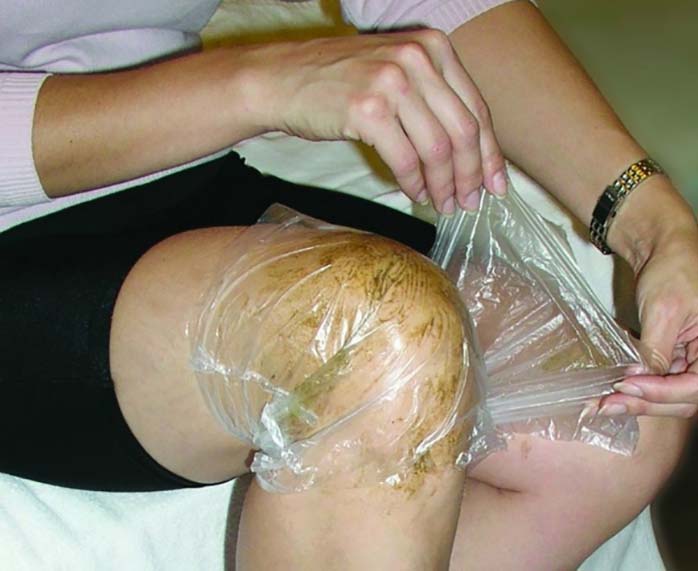Papaya Tongue-Strengthening Exercises
In the future, the new treatment method for malignant tumors is no longer chemotherapy, radiotherapy or surgery, but changing one's diet to improve the new blood vessels!
Great medical knowledge! A high-quality diet is the natural chemotherapy three times a day. The following information should be taken seriously, it is simple and easy to implement, and it is very good!
What you may not know is: Papaya, which we usually find strange and easy to obtain, is the king of fruits! The tomato that the doctor praised was nothing compared to papaya. Papaya has been selected by WHO (World Health Organization) as the fruit with the highest nutritional value for two consecutive years, that is, the king of fruits!
The nutritional value of papaya is:
1. Calcium: papaya is 2 times that of apples.
2. Vitamin C: papaya is 13 times that of apples, 7 times that of bananas, 7 times that of watermelon, 8 times that of cherries, and 1.3 times that of pineapples.
3. Vitamin A: papaya is 10 times that of kiwi, 18 times that of apple, 1.5 times that of guava, 15 times that of banana, 1.5 times that of watermelon, 15 times that of cherries, and 16 times that of pineapple.
4. Vitamin K: papaya is 5 times that of bananas, 2.5 times that of watermelon, and 4 times that of pineapples.
Great again! related to eye protection...
5. Carotenoids, lycopene, B carotene, lutein and zeaxanthin, etc.:
Papaya is 2000 times bigger than kiwi! Kiwis, apples, cherries, pineapples, bananas, guava, none of these ingredients.
Great! The above data source is the United States Department of Agriculture (USDA) 2016.
—————————
TRUE STORY FROM A PATIENT :-
[Note] I have been suffering from cancer for 16 years. I have undergone chemotherapy. Some doctors told me to eat more papayas. The heart of gratitude is indescribable, I just hope that more people can benefit from it!
When you go to visit in the future, if you choose fruit as a gift, you can bring papaya!
According to a
Doctor from US:
After the age of 50
one may experience
many types of illnesses.
But the one I am most worried about is Alzheimer's.
Not only would I not be able to look after myself,
but it would cause
a lot of inconveinence to family member
One day, my son Sushil
came home and told me
that a doctor friend
has taught him an exercise using the tongue.
The tongue exercise is effective to reduce the onset of Alzheimer's and is also useful to reduce / improve
*1* Body weight
*2* Hypertension
*3* Blood-Clot in Brain
*4* Asthma
*5* Far-sightedness
*6* Ear buzzing
*7* Throat infection
*8* Shoulder / Neck infection
*9* Insomia
The moves are very simple and easy to learn
Each morning, when you wash your face, in front of a mirror, do the exercise as below :
stretch out your tongue and move it to the right then to the left for 10 times
Since I started exercising my tongue daily, there was improvement in my Brain Retention.
My mind was clear and fresh and there were other improvements too...
1 Far sightedness
2 No giddiness
3. Improved wellness
4. Better digestion
5. Lesser flu / cold
I am stronger and more agile.
The tongue exercise helps to control and prevent Alzheimer's...
Medical research has found that the tongue has connection with the BIG Brain. When our body becomes old and weak, the first sign to appear is that our tongue becomes stiff and often we tend to bite ourselves.
Frequently exercising your tongue
will stimulate the brain,
help to reduce our thoughts from shrinking and thus achieve a healthier body.
Senior Citizens Please forward ⏯️
I encourage each person receiving this newsletter to forward it to another ten people, certainly at least one life will be saved. I've done my part, I hope you can help do your part. thanks 🙏
Can Doing This Tongue Exercise Help Prevent Alzheimer's?
Soft palate and tongue exercises
7 dos and don'ts of eati
13 Side Effects Of Papaya
8 Benefits of eating papaya















